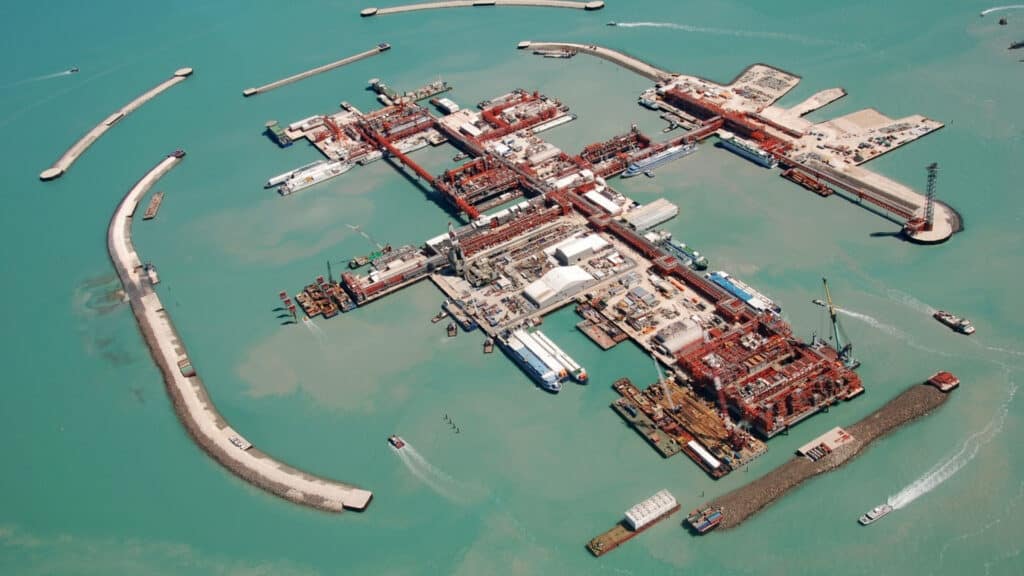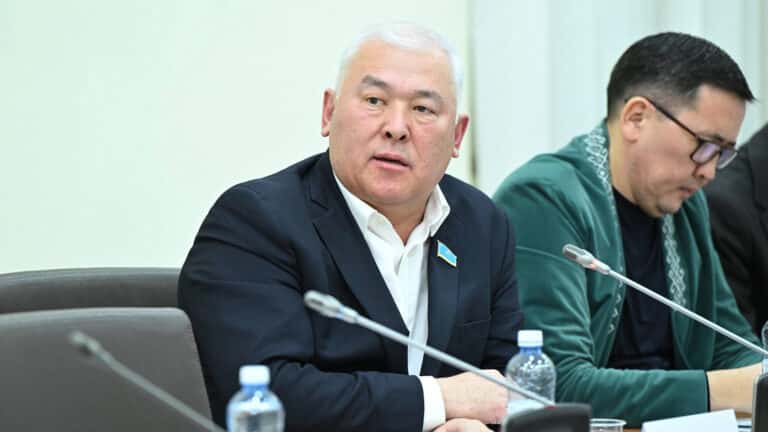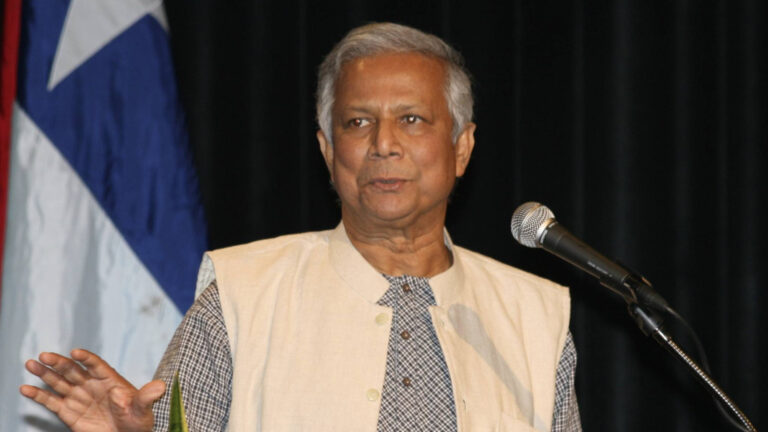
Arbitration proceedings over Kashagan — Kazakhstan’s largest oil field located on the Caspian shelf — could drag on until 2028, according to a new investigation by the International Consortium of Investigative Journalists (ICIJ).
ICIJ’s findings are based on a confidential interim ruling in a $160 billion case, which centers on Kazakhstan’s claim that a group of international oil companies receive 98% of the Kashagan oil revenue after modest royalty payments.
«Kazakhstan’s claim was registered with the Permanent Court of Arbitration, founded in 1899 in The Hague, and is being heard by an arbitration tribunal in Geneva. The hearings are set to last until at least 2028,» the ICIJ report stated.
A government-created entity known as PSA, which represents Kazakhstan in the arbitration, told local media in 2024 that the claim involves longstanding disputes and could clarify the future of the field’s development. In March 2025, PSA filed a civil lawsuit in Switzerland, alleging that embezzlement schemes tied to Kashagan and another major field, Karachaganak, were used to bribe Kazakh officials and compensate certain Eni executives and intermediaries between 2006 and 2011.
The lawsuit targets the alleged intermediaries, but not Eni itself or the North Caspian Operating Company (NCOC), which operates Kashagan. Kazakhstan’s government argues that the unequal revenue distribution stems from a production sharing agreement signed in 1997. That agreement was amended in 2008 to address Kazakhstan’s concerns, but changes — specifically the addition of priority payments (royalties) — boosted the country’s revenue share by only about one percentage point, according to expert analyses.
«The Republic also submits that the amount of any potential fine must be viewed in context, as the contractor [NCOC] ‘currently receives 98% of all post-priority payment revenue from oil production,’» the interim ruling stated. This is the first formal document issued since the arbitration process began in 2023.
The international consortium involved includes Shell, ExxonMobil, Eni, TotalEnergies, China National Petroleum Corporation (CNPC), Japan’s Inpex and Kazakhstan’s state-owned KazMunayGas (KMG). NCOC shareholders TotalEnergies and Eni have publicly rejected Kazakhstan’s claim, calling it baseless.
In January, President Kassym-Jomart Tokayev instructed his cabinet to renegotiate existing production sharing agreements with international companies on more favorable terms.
Under the current contracts, international energy firms provide the financing, expertise and technology to develop challenging oil fields. They recover costs during the early production phase and only afterward share profits with the host government. Kashagan’s development has been valued at approximately $60 billion.
In a report published last year, Kazakhstan-based Energy Insight & Analytics (EXia) estimated that the government received $1.1 billion through the profit-sharing mechanism between 2016 and 2023. Including taxes, royalties and other payments, total government revenue from Kashagan during that period reached $5.4 billion. For comparison, NCOC sold roughly $55 billion worth of oil, while international partners are believed to have spent about $86 billion on the project’s development and operations.
Sulfur stockpile dispute persists
The interim ruling also addressed NCOC’s request to halt enforcement of a $5 billion fine imposed by Kazakhstan in 2022. The fine was related to excess sulfur storage at the field. Kashagan’s high-sulfur oil must be processed and safely removed; storing sulfur in the open air violates environmental regulations, according to Kazakh authorities.
NCOC challenged the environmental fine in local courts. The consortium initially won on appeal, but the decision was later overturned in favor of state authorities. The Supreme Court of Kazakhstan is expected to issue a final ruling this year on whether the consortium violated its environmental obligations.
The Ministry of Ecology argued that annual emission permits apply not only to newly produced sulfur but also to pre-existing stockpiles. NCOC countered that the permits should cover only the sulfur produced in the year in which the permit is issued.
However, internal documents from Eni, a 16.81% stakeholder in Kashagan, suggest the company may have previously accepted the government’s interpretation. A 2017 Eni presentation on «sulfur logistics» at Kashagan, seen by ICIJ, outlined potential fines if sulfur stockpiles from 2016 were not removed in 2017 and 2018.
«If sulfur is not removed from Kashagan field during years 2017 and 2018,» the Eni presentation reads, «then by the end of 2018 emission permit will be exceeded by 1.4 [million] tons and [authorities] will impose severe penalties.»
Eni also acknowledged in 2021 that sulfur storage permits had been issued and highlighted the urgent need to export the material due to rising environmental risks.
Meanwhile, NCOC has argued in arbitration proceedings that two primary factors contributed to the buildup of sulfur stockpiles: delays in the completion of a railway junction needed for sulfur transport, and what it alleges were deliberate actions by regulators to block sulfur exports until August 2022.
In early March, Bloomberg reported, citing sources familiar with the matter, that major oil companies operating Kashagan had received two favorable rulings in arbitration cases involving multibillion-dollar disputes over environmental fines and tax claims.
Kashagan is the first offshore oil and gas field developed in Kazakhstan’s sector of the Caspian Sea. Recoverable reserves are estimated at 9 billion to 13 billion barrels of oil. Commercial production began on Nov. 1, 2016. The field produced 18.8 million tons of oil in 2023, up from 12.7 million tons in 2022. To date, NCOC has invested approximately $60 billion in the project.
The NCOC consortium includes several key stakeholders: KMG Kashagan B.V. (16.877%), Shell Kazakhstan Development B.V. (16.807%), Total EP Kazakhstan (16.807%), Agip Caspian Sea B.V. (16.807%), ExxonMobil Kazakhstan Inc. (16.807%), CNPC Kazakhstan B.V. (8.333%) and Inpex North Caspian Sea Ltd. (7.563%).













